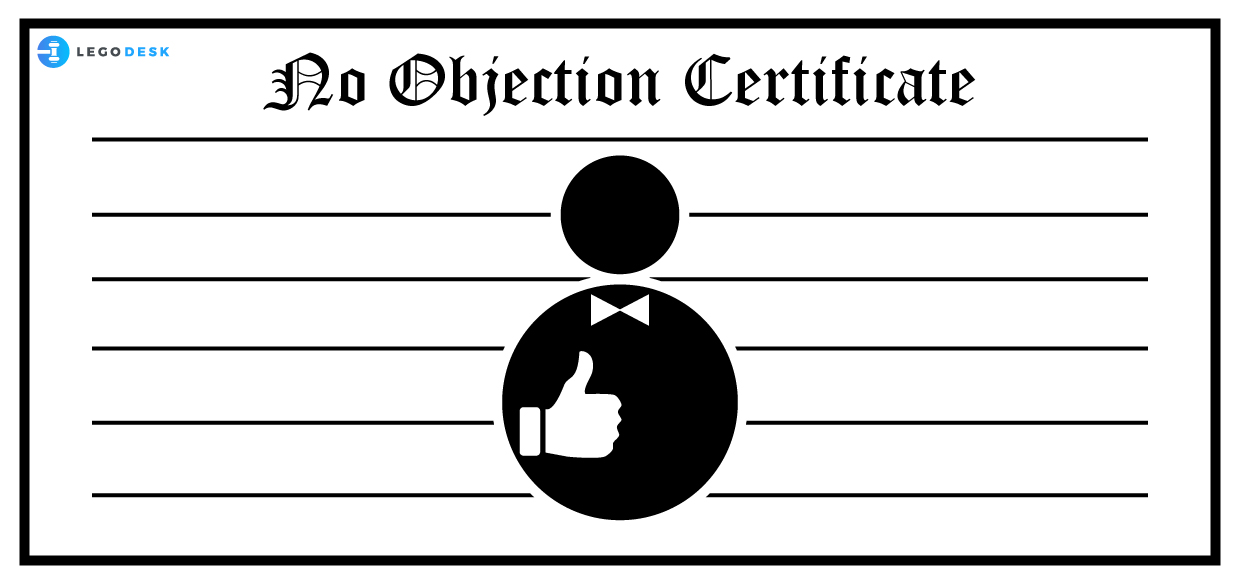Contract of Indemnity
What is Contract Of Indemnity? Contract of indemnity is a special kind of contract. The term ‘indemnity’ literally means “security or protection against a loss” or compensation. According to Section 124 of the Indian Contract
Read More ⟶What is Section 308 under Indian Penal Code?
Introduction: Section 308 of the Indian Penal Code lays down punishment for “attempt to commit culpable homicide.” To understand “attempt to commit culpable homicide” as provided under Section 308 of IPC, it is important to
Read More ⟶All About No Objection Certificate (NOC)
No Objection Certificate (NOC) is a legal document, issued by an association, establishment, or a person to state that they have no objection to the referenced detailed in the document. It tends to be utilized
Read More ⟶Section 427 of Indian Penal Code
INTRODUCTION Section 427 of the Indian Penal Code punishes him who commits mischief and causes loss or damage of 50 rupees or more to another. He shall be punished with simple or rigorous imprisonment for
Read More ⟶Section 468 of Indian Penal Code – Bailable or Not
Section 468 IPC Here is the definition of Section 468 of the Indian Penal Code, 1860, which stipulates the punishment for forgery – “Whoever commits forgery, intending that the 1[document or electronic record forged] shall
Read More ⟶Rights of Terminated Employees in India
Termination of employment is the departure of an employee from the job and the end of an employee’s job with the employer. Termination can be voluntary, i.e. upon the employee’s own will, or it may
Read More ⟶Right to Equality under the Indian Constitution
Meaning of the term ‘Equality’ Equality is regarded as the basis of Democracy. The concept of equality is also closely associated with the theory of natural rights. The beginning of the principle of equality may
Read More ⟶Case study on Right to freedom of Religion
Right to freedom of religion (Article 25 To 28) The right to freedom of religion is covered under Article 25 to Article 28 of the Constitution of India. The articles are focused on the securing
Read More ⟶






